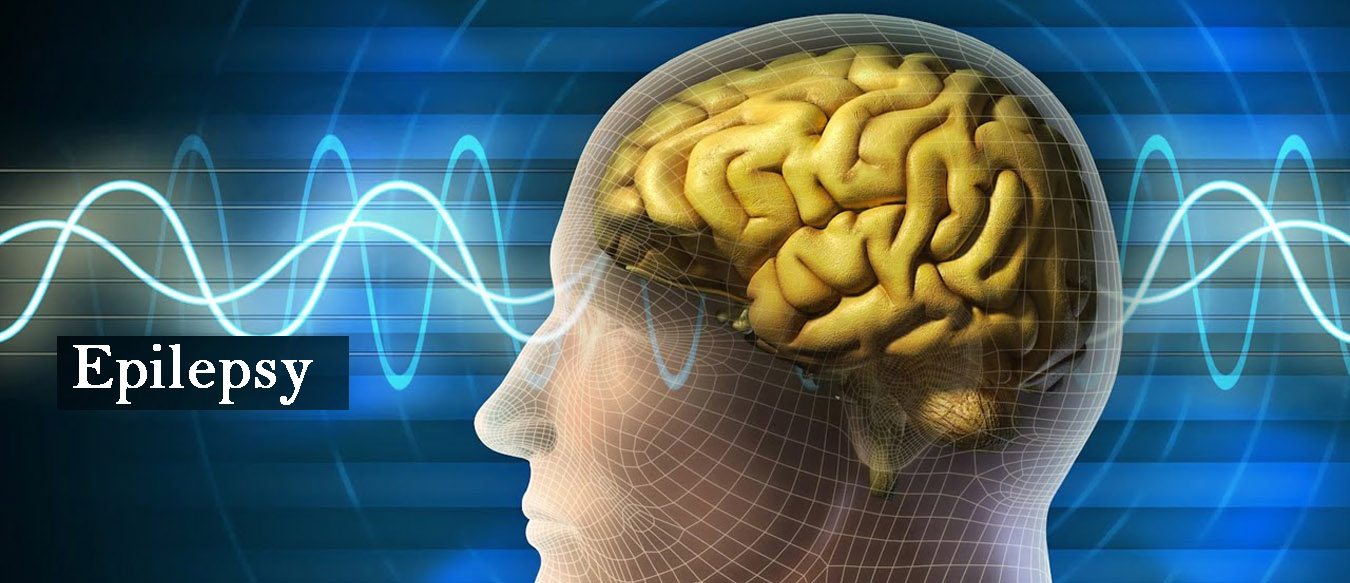

Overview
Epilepsy is a central nervous system (neurological) disorder in which brain activity becomes abnormal, causing seizures or periods of unusual behavior, sensations, and sometimes loss of awareness.
Anyone can develop epilepsy. Epilepsy affects both males and females of all races, ethnic backgrounds and ages.
Seizure symptoms can vary widely. Some people with epilepsy simply stare blankly for a few seconds during a seizure, while others repeatedly twitch their arms or legs. Having a single seizure doesn't mean you have epilepsy. At least two unprovoked seizures are generally required for an epilepsy diagnosis.
Treatment with medications or sometimes surgery can control seizures for the majority of people with epilepsy. Some people require lifelong treatment to control seizures, but for others, the seizures eventually go away. Some children with epilepsy may outgrow the condition with age.
Symptoms
Because epilepsy is caused by abnormal activity in the brain, seizures can affect any process your brain coordinates. Seizure signs and symptoms may include:
Temporary confusion
A staring spell
Uncontrollable jerking movements of the arms and legs
Loss of consciousness or awareness
Psychic symptoms such as fear, anxiety or deja vu
Symptoms vary depending on the type of seizure. In most cases, a person with epilepsy will tend to have the same type of seizure each time, so the symptoms will be similar from episode to episode.
Complications
Having a seizure at certain times can lead to circumstances that are dangerous to yourself or others.
Falling. If you fall during a seizure, you can injure your head or break a bone.
Drowning. If you have epilepsy, you're 15 to 19 times more likely to drown while swimming or bathing than the rest of the population because of the possibility of having a seizure while in the water.
Car accidents. A seizure that causes either loss of awareness or control can be dangerous if you're driving a car or operating other equipment.
Many states have driver's license restrictions related to a driver's ability to control seizures and impose a minimum amount of time that a driver be seizure-free, ranging from months to years, before being allowed to drive.
Pregnancy complications. Seizures during pregnancy pose dangers to both mother and baby, and certain anti-epileptic medications increase the risk of birth defects. If you have epilepsy and you're considering becoming pregnant, talk to your doctor as you plan your pregnancy.
Most women with epilepsy can become pregnant and have healthy babies. You'll need to be carefully monitored throughout pregnancy, and medications may need to be adjusted. It's very important that you work with your doctor to plan your pregnancy.
Emotional health issues. People with epilepsy are more likely to have psychological problems, especially depression, anxiety and suicidal thoughts and behaviors. Problems may be a result of difficulties dealing with the condition itself as well as medication side effects.
